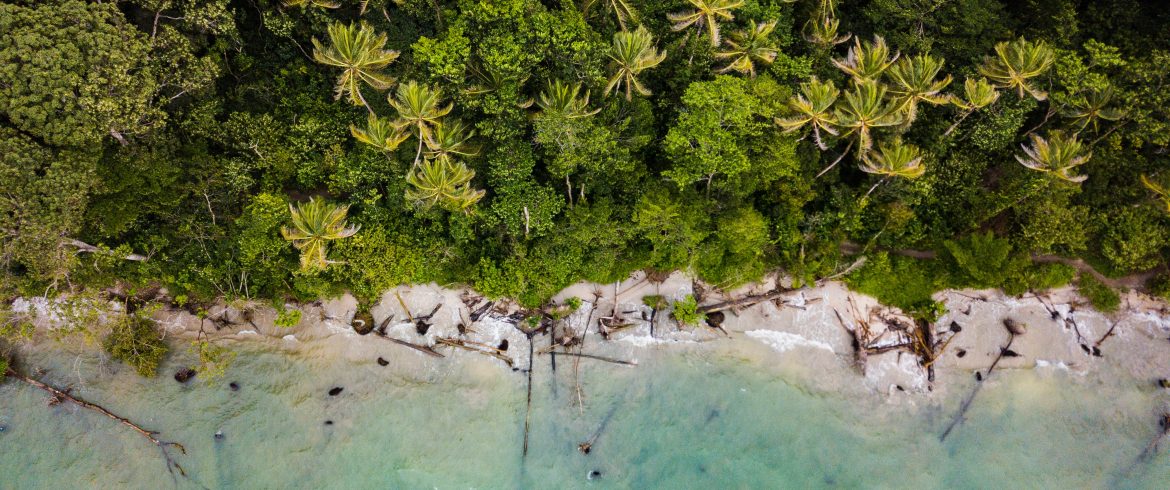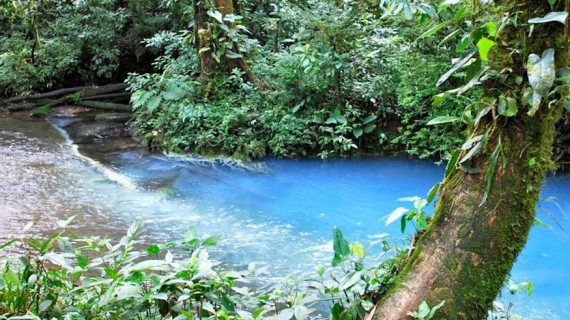What are the best places for ecotourism? Find out 5 amazing countries and green destinations, where nature is predominant
Ecotourism is creating a sensation all over the world. But it isn’t a surprise at all: the current environmental health is getting worse and worse every year. People and their things contaminate the Earth with towns, roads, estates, open-pit mining, plantations. Take a look at Google Earth! Annual human expansion to nature is increasing. The cruel fact is, there are fewer and fewer ecologically virgin places worldwide. However, at the same time, the opportunities for ecotourism are growing. The main directions are countries boasting of the unusual environment, unspoilt nature, peace, and calmness. Thus, everyday life in eco-friendly territories is full of authenticity. This is the most valuable in the era of megalopolises and the enormous number of cars, plants, and factories. An eco-traveler newbie faces the problem of choosing an attractive destination for an ecotourism holiday. Smart people go online and insert the phrase “the best places for ecotourism” on the search engine. As a result, they will find the article named “Top 5 countries to visit for exciting ecotourism”. Getting to know about places where nature is predominant, they still are amazing.
Costa Rica

The country most associated with ecotourism is Costa Rica. Experienced travelers love Costa Rica for its magnificent and carefully protected nature. The coastlines along the Caribbean Gulf and the Pacific Ocean are almost one-quarter of the world’s tropical forests. There are also breathtaking volcanoes and clean beaches that impress with absolute primordial beauty. Also, Costa Rica offers special eco-hotels for vacationists. One of the best is the Cabinas Las Olas, surrounded by greenery on one of the most beautiful beaches in Costa Rica.
It is one of the few countries in Latin America counting on ecotourism. The law protects the forest and wildlife. It’s probably the only country that doesn’t allow any hunting. And such a decision bears fruit. It’s worth noting that travelers can not only see lots of animals here but get as close to them as possible. For instance, in Ecuador, you can see the sloths only at the top of the tallest trees at a reachless height. In Costa Rica — you can watch these funny animals from a distance of five meters. Hence, ecotourism visits Costa Rica.
Norway
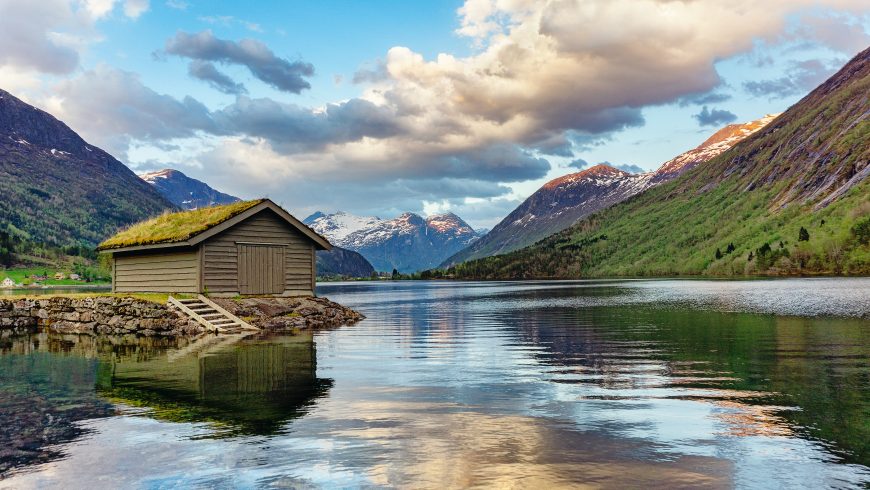
At a first glance, a severe Scandinavian country seems to have little in common with ecotourism. Then it may sound that you are not aware of a Norwegian fjord. Due to their remote location and strict adherence to ecological norms, the famous fjords are preserved at their best. Snow-covered mountains, beautiful waterfalls, and crystal-clear water is a positive demonstration. Tourists can go hiking, take up cross-country cycling, or a picturesque trip by boat. In this territory, eco-travellers may allow their imagination to run wild.
There are a lot of wild animals in the fjords, including eagles, seals, porpoises, and seabirds. Tourists can visit small fishing villages where cultural traditions are passed down through generations. Visiting Vikings could be real in this amusing country. So, do whatever you want.
Kenya

A lot of tourists associate this country with safaris. Ecotourism lovers adore Kenya for its spacious savannahs, famous for the enormous number of lions and elephants. At the same time, most people don’t even think that you can find mountains, lakes, rainforests, deserts, and beaches there. Wherever you go, this country has a unique ecosystem and wildlife. And it allows crowding at the top of the list of the best eco-tourism countries. Kenya’s incredible natural diversity is protected in about 50 national parks and nature reserves throughout the country.
On the coast, travelers can wander barefoot on pure white beaches or walk along colourful coral reefs. And enjoy one of the richest flora and fauna in the world in the savannas and forests. The drawback of this African ecotour is the too high price. Without a doubt, it’s still all relative. Besides, the natural wealth had suffered from poaching activity, though the Government and Environmental Organizations were doing their best to keep the natural heritage.
Kerala, India
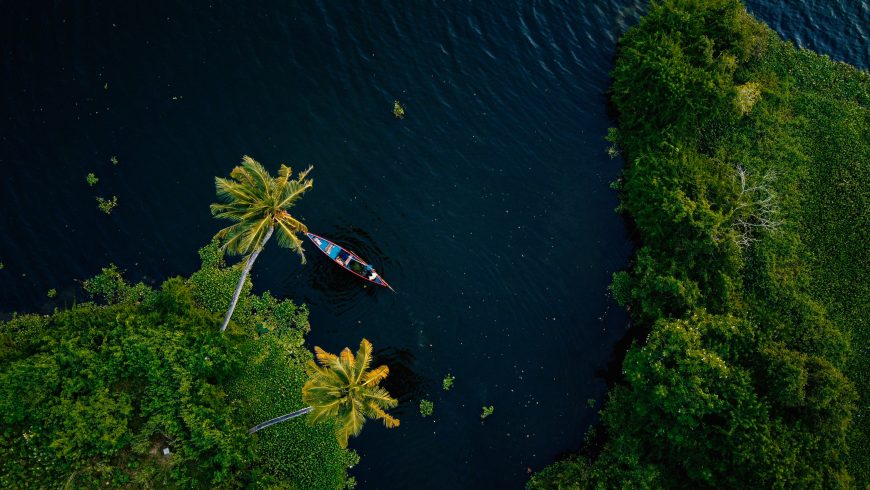
The small state of Kerala, on the southwest coast of India, is often called the “personal country of God” (according to the Indians). Without exaggeration, you’re lucky enough to see its gorgeous, pristine forests and perfect sandy beaches. It is one of the most untouched places in India. Hundreds of unique animal species and almost a quarter of all plants in the entire country inhabit this place.
Eravikulam National Park, Periyar, and Wayanad Wildlife Sanctuaries are home to elephants, gulmans (monkey species), and tigers. According to National Geographic, Kerala is “one of the ten paradise corners of the world”. The edition also included it in the list of “50 of the world’s top destinations”.
Iceland
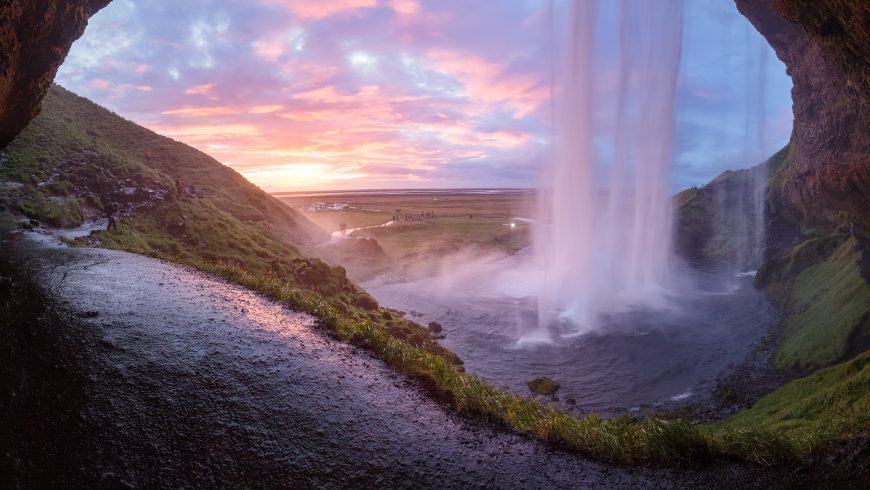
Iceland is popular with glaciers and geysers. Moreover, it`s well-known as the titleholder “The most sustainable energy user in the world”. That is why there is such clean air and green valleys. Icelanders rarely use cars and go on foot. Indeed, they use horses and bicycles. Thanks to such a caring attitude to the natural heritage, travellers have something to see in Iceland. It isn’t a surprise, as the flowering plains coexist with the rocks and the hot springs are neighbouring the ancient glaciers.
Anyway, the Icelandic Farm Holidays spread their activity here. This is the State Association that offers farm accommodation to tourists. About 150 households of Iceland are gladly waiting for the guests. They give the eco trips lovers a tasty and healthy breakfast of natural products and a good sleep in the cozy “peasant” bedroom. The cultural program in Icelandic households is quite diverse. Tourists may go cycling around the neighborhood, play golf or even help the owners in the garden if they are eager to do it.
Conclusion
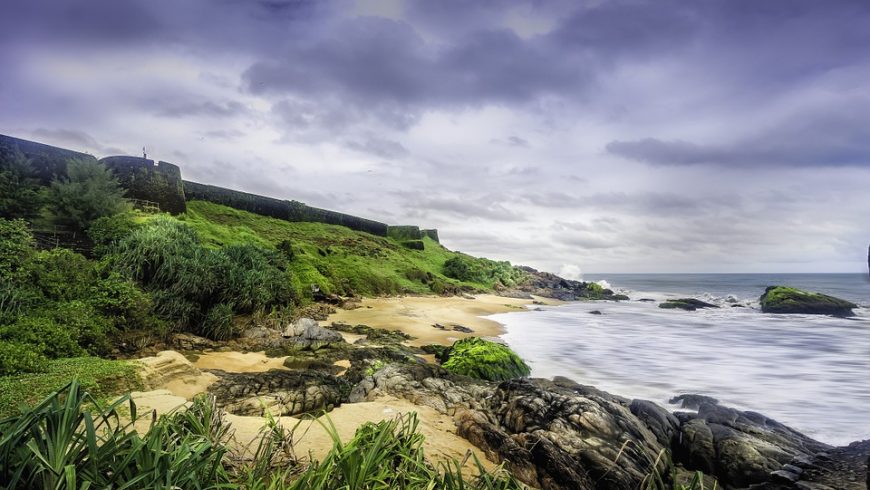
Eco-tourism is a relatively recent phenomenon in world tourism. Ecotourism provides traveling through natural territories that are not changed or little changed by human activities. Such places have a responsible attitude towards nature and the least impact on environmental protection. This type of tourism contributes to the sustainable development of the territories, involves local people in the service provision, and creates economic incentives for the environment. The motivation of tourists comprises the need to communicate with nature and to seek aesthetic and moral satisfaction from it.
People in the tourism business have awoken to the fact that nature is very attractive to people. So, the benefits of ecotourism can create a long list. Ecotourism routes allow travellers to see beautiful landscapes and experience real extreme feelings. Showing a careful and responsible attitude to the environment is above all things, though. Not to mention enjoying the fresh air, organic foods, and harmony with nature. Finally, costs spent on eco trips are often used for environmental safety. So, go ahead and be open to new experiences.
Cover image: Costa Rica, Photo by Berti Benbanaste on Unsplash

